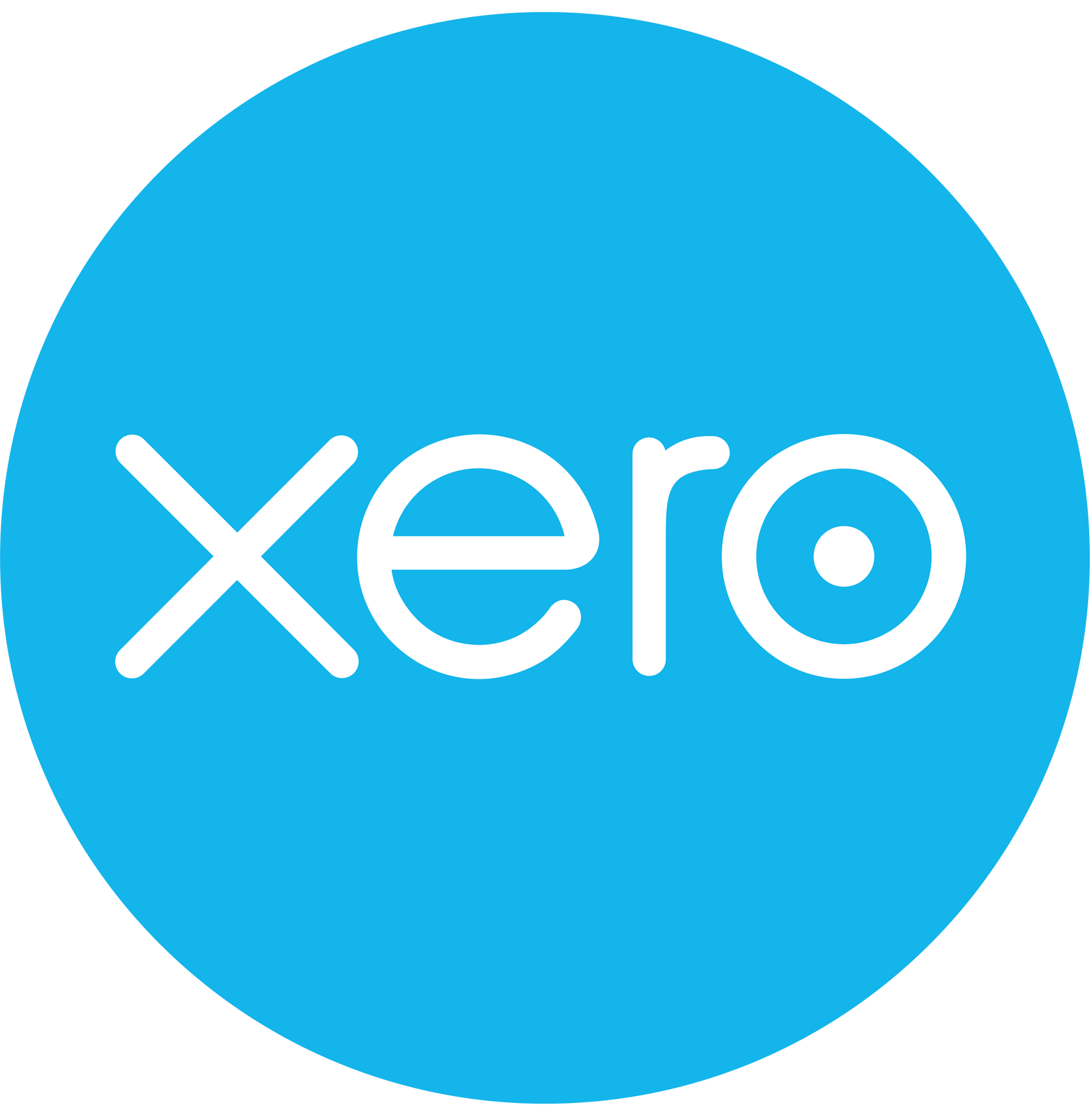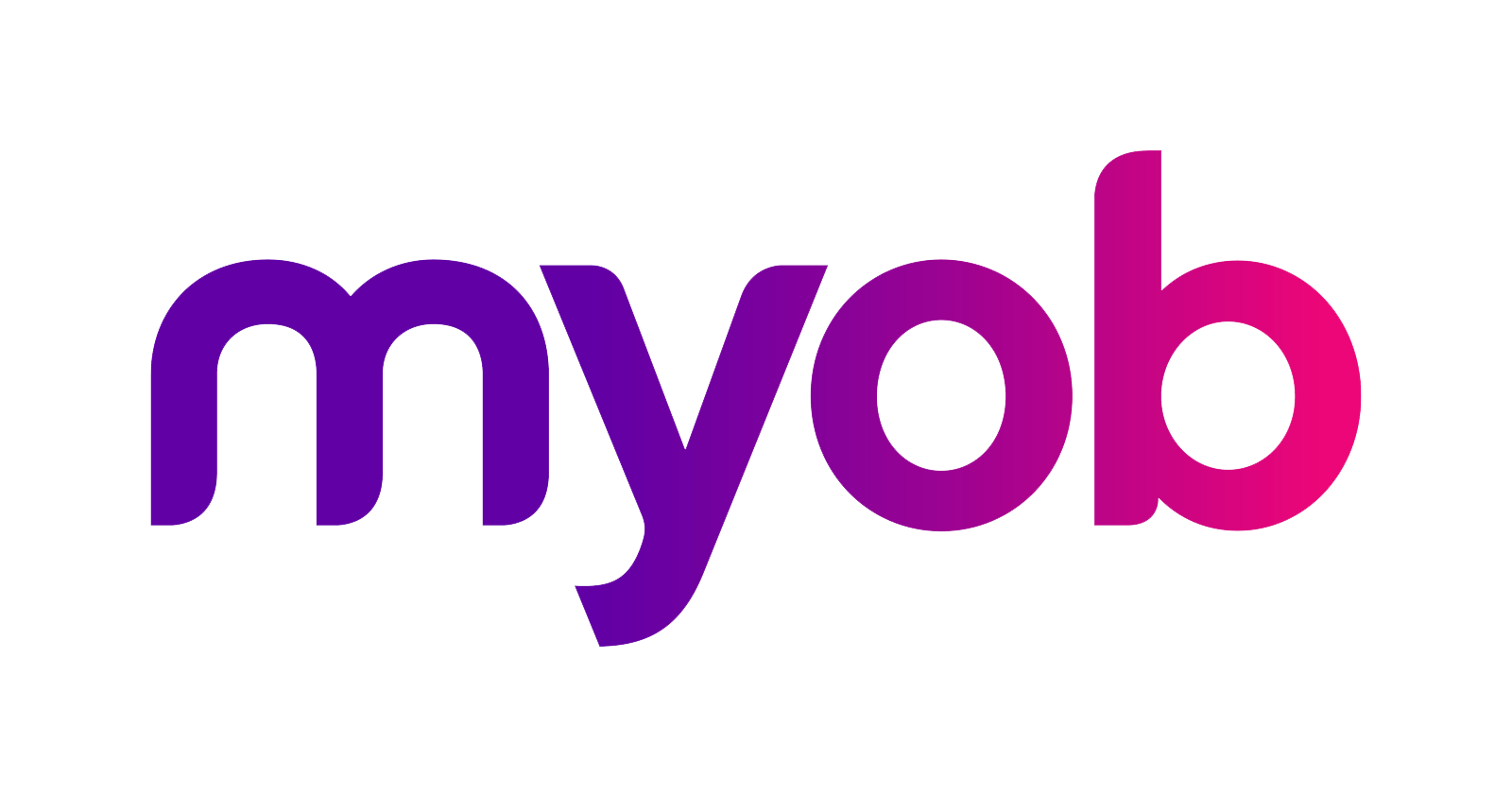Bookkeeping in Lismore
Enquire Today in Lismore
Prepare for ATO Audits
Troubleshoot Historical Errors
Reconcile Statements
Lismore Bookkeeping
NR Bookkeeping delivers reliable bookkeeping services in Lismore, supporting small business owners with structured, professional record-keeping. Operating since 2003 and based in nearby Alstonville, the business is led by a qualified bookkeeper with a Certificate IV in Accounting, BAS Agent accreditation, and specialist training in Xero and MYOB. The service focuses on helping clients stay compliant, reduce administrative load and maintain accurate, up-to-date financial records.
NR Bookkeeping works with a broad mix of businesses in and around Lismore, offering support that’s practical, consistent and tailored to small operations. Communication is responsive, and all clients deal with the same operator from start to finish. All records are managed using secure cloud platforms with options to match your preferred level of involvement. Whether you’re running a trade, a retail store or a home-based business, bookkeeping is handled professionally and in line with current standards.
Call 0438 283 050 to speak with NR Bookkeeping about your bookkeeping needs in Lismore.
More Than Just Numbers
In Lismore, where many small businesses are juggling growth, compliance and cash flow, having a bookkeeper offers more than just number-crunching — it brings structure and oversight to your admin. NR Bookkeeping supports businesses by maintaining records accurately and consistently, using platforms like MYOB and Xero to keep everything secure and accessible. Regular support means fewer missed transactions, cleaner reporting and fewer surprises when tax time rolls around. It’s also an efficient way to identify spending patterns or catch inconsistencies early.
For business owners without the time or headspace to check every line item, that level of detail matters. Having a dedicated bookkeeper also helps keep communication streamlined — no handovers, no duplicated tasks, just clear, ongoing support. The process is flexible, remote and designed around the way you prefer to work.
If you’re ready for bookkeeping to feel more manageable, we’re here when you need us.
Frequently Asked Questions
How does bookkeeping support businesses in Lismore in recovering from disruption?
For businesses in Lismore, bookkeeping plays a critical role in recovery by providing structure, clarity and control over finances during periods of disruption. Accurate records help owners assess their current financial position, track changes in income and expenses, and plan for the future. A bookkeeper can also assist in preparing documentation needed for grant applications, insurance claims or government support programs — all of which are common following natural disasters or operational setbacks. Regular bookkeeping helps prevent financial confusion and allows owners to respond quickly to changing conditions. Using cloud-based systems ensures records remain accessible even if physical premises are affected. In periods of uncertainty, bookkeeping becomes a stabilising force, helping businesses stay organised and focused.
What is the difference between bookkeeping and accounting?
Bookkeeping and accounting are related but serve different purposes. Bookkeeping involves recording a business’s financial transactions on a regular basis — such as sales, purchases, receipts and payments. These entries are made into accounting software or spreadsheets to ensure the business has an accurate financial record. Accounting takes those records a step further by interpreting, classifying and summarising the data into financial reports. Accountants often handle tax preparation, financial forecasting, budgeting and strategic advice. In short, bookkeeping keeps the data accurate and up to date, while accounting uses that data to help with decision-making and compliance.
What records should a bookkeeper maintain for a small business?
A bookkeeper is responsible for maintaining a comprehensive set of financial records that reflect all transactions within a small business. This typically includes sales and purchase invoices, receipts, expense records, payroll data, superannuation contributions, bank statements, and reconciliation reports. Bookkeepers also track GST obligations, maintain fixed asset registers and ensure all documentation aligns with ATO requirements. These records must be stored securely — either digitally or physically — and retained for at least five years under Australian tax law. Well-maintained records are essential for preparing BAS, tax returns and supporting financial decisions.












